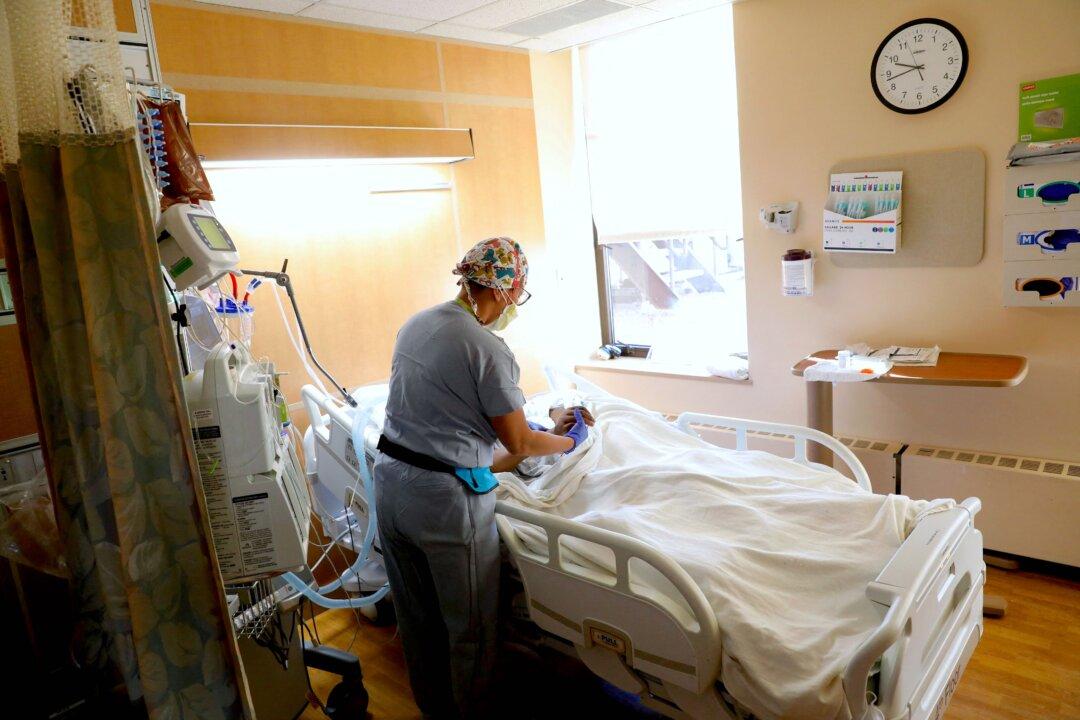Health departments in several states confirmed to The Epoch Times that they are looking into a steep surge in the mortality rate for people aged 18 to 49 in 2021—a majority of which are not linked to COVID-19.
Deaths among people aged 18 to 49 increased more than 40 percent in the 12 months ending October 2021 compared to the same period in 2018–2019, before the pandemic, according to an analysis by The Epoch Times of death certificate data from the Centers for Disease Control and Prevention (CDC).





